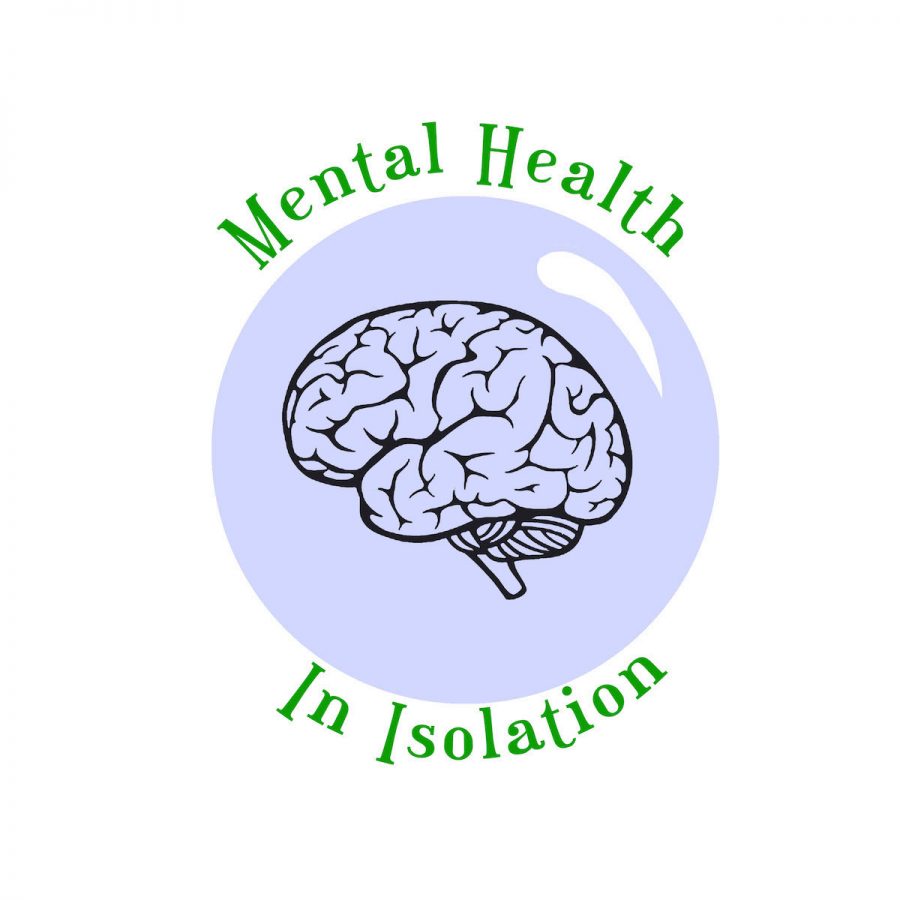Mental health in isolation
Can COVID-19 cause PTSD?
More stories from Grace Olson
Photo by Bethany Mennecke
This week I’m going to talk about post-traumatic stress disorder and how COVID-19 has affected those with the disorder.
PTSD is a mental health condition that’s triggered by either experiencing or witnessing a terrifying event, according to Mayo Clinic.
Experiencing a traumatic event is not the sole cause of PTSD though, so doctors aren’t sure why some people get PTSD.
From what doctors do know, PTSD is most likely a mix of stressful experiences, inherited mental health risks such as a family history of anxiety and depression and the way one’s brain regulates chemicals and hormones one’s body releases in response to stress.
There are a variety of symptoms associated with PTSD. Some can include intrusive memories, avoidance, negative changes in thinking and mood or changes in physical and emotional reactions.
Symptoms of intrusive memories can include recurrent, unwanted, distressing memories of the traumatic event, reliving the traumatic event (flashbacks), upsetting dreams or nightmares about the event and severe emotional distress when reminded of the event.
Negative changes in thinking and mood symptoms can include:
- Negative thoughts about oneself, other people and the world
- No hope for the future
- Memory problems, especially when remembering aspects of the traumatic event
- Difficulty maintaining close relationships
- Feeling detached from loved ones
- Lack of interest in activities they used to enjoy
- Feeling emotionally numb
There can also be changes in physical and emotional reactions in someone who has PTSD. This can include:
- Being easily startled or frightened
- Always being on guard for danger
- Self-destructive behavior
- Trouble sleeping
- Trouble concentrating
- Irritability
- Overwhelming guilt or shame
Anyone can suffer from PTSD including children. Children may re-enact the traumatic event through play or have frequent nightmares which may or may not include details from the event.
The University of Michigan’s department of psychiatry has a page focusing on how COVID-19 could potentially cause those working in healthcare to develop PTSD.
Healthcare workers are constantly seeing the death of patients or their own loved ones.
Not only are they seeing death more frequently than ever, but they are in almost constant exposure to COVID-19.
Being under immense amounts of stress and witnessing people die every day could lead to PTSD.
I don’t work anywhere near the healthcare field so I can only imagine what it’s like to see seemingly healthy patients’ conditions worsen in a matter of hours.
Especially during the start of COVID-19, about a year ago, when this was all new and it seemed like COVID-19 was a death sentence for anyone who contracted the virus.
I think the show “Grey’s Anatomy” has done a great job in its newest season showing how nurses and doctors were and are put under insane conditions and how seeing their patients die really affects them.
Not only are healthcare workers at risk for PTSD during this time, but so are those admitted to a hospital with COVID-19.
These patients experience isolation, physical discomfort and a fear they may not survive. And when the patient can leave, they have to self-quarantine so they lack the immediate social support they may need.
Imagine sitting in a hospital room by yourself and the only people you see all day are doctors covered head to toe in personal protective equipment.
Not to mention, you are bedridden because you’re too tired to move.
I know I would be terrified and would probably think about it for weeks afterward and definitely see negative impacts.
Mayo Clinic recommends seeking help when an individual has severe disturbing thoughts about a traumatic event for more than a month.
For help, reach out to a doctor, a loved one or a mental health professional.
Olson can be reached at [email protected].











